Quantum computing to process large amounts of data tested by bringing together complementary and versatile quantum processors.
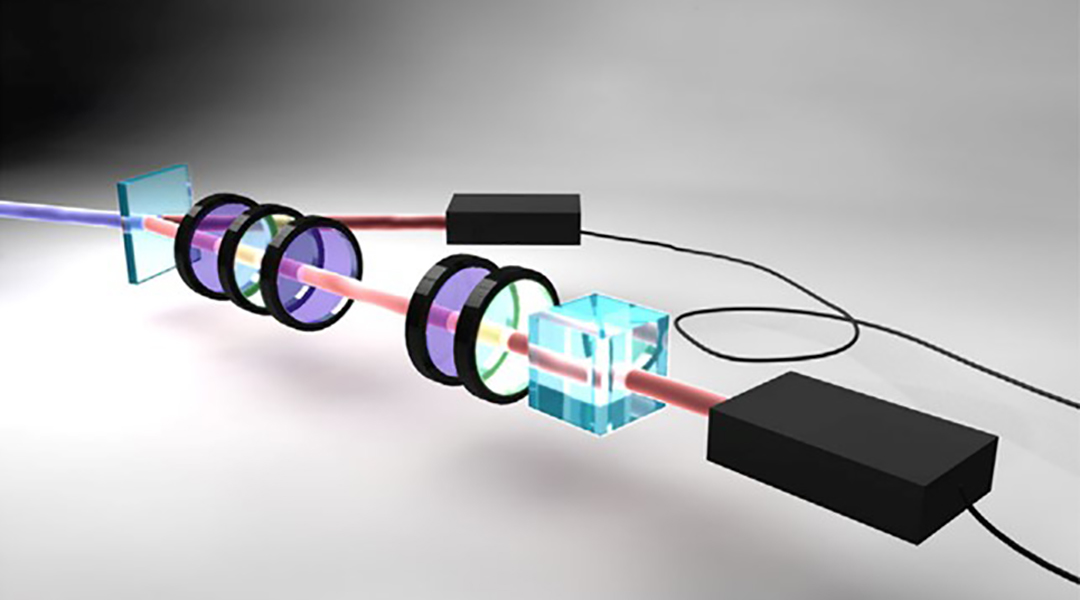

Quantum computing to process large amounts of data tested by bringing together complementary and versatile quantum processors.
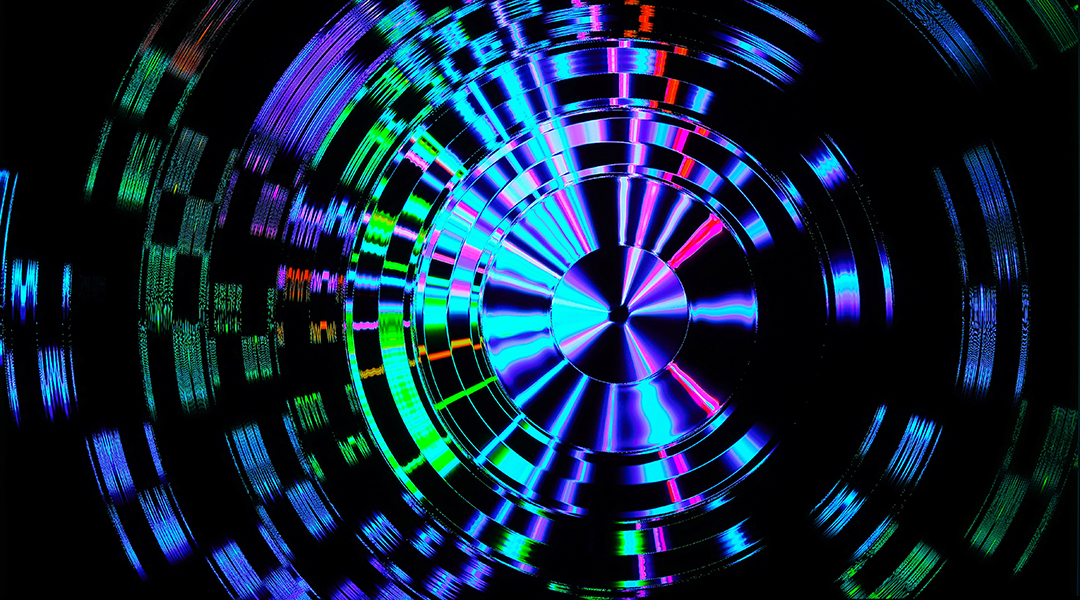
A set of quantum computers was put to the test by playing the notorious triangle game.
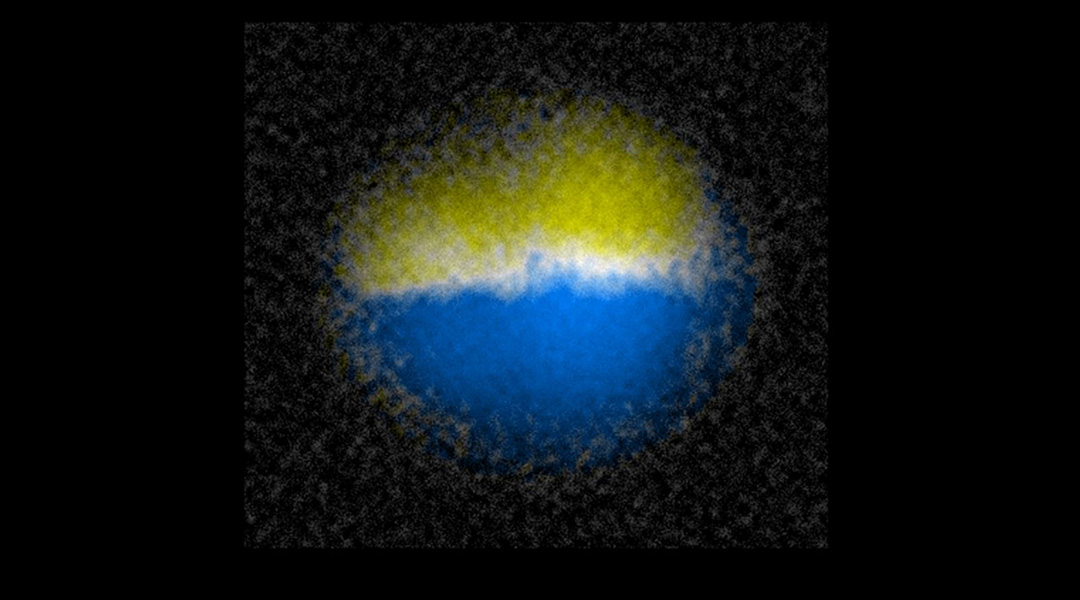
Researchers have discovered how to create and manipulate a quantum object called a “domain wall”, which exhibits particle-like properties.
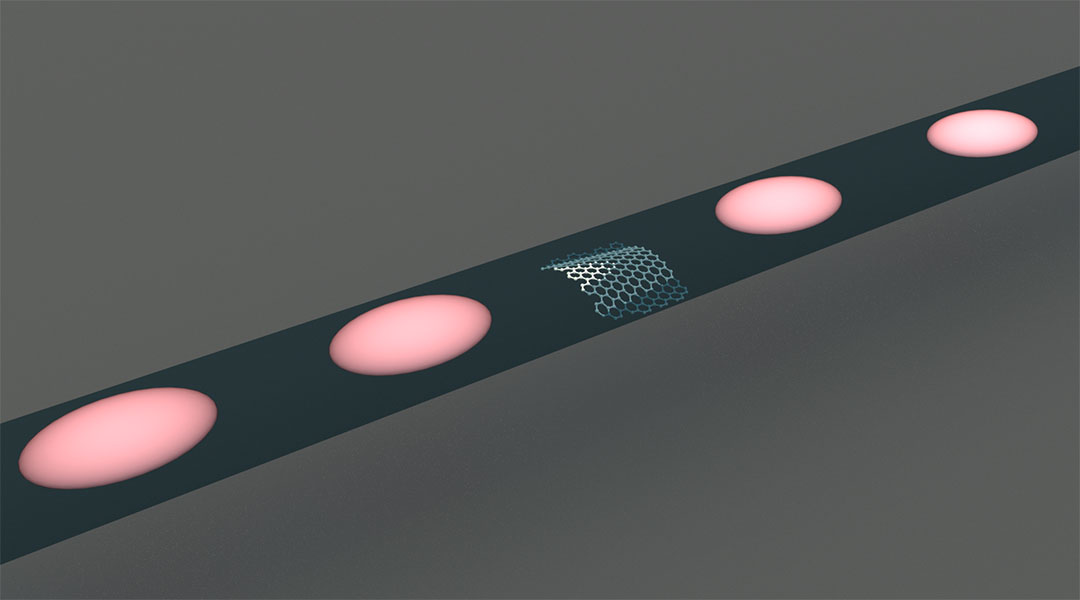
Photonics offer a natural link between communication and computation, providing a potential bridge to build a quantum internet.
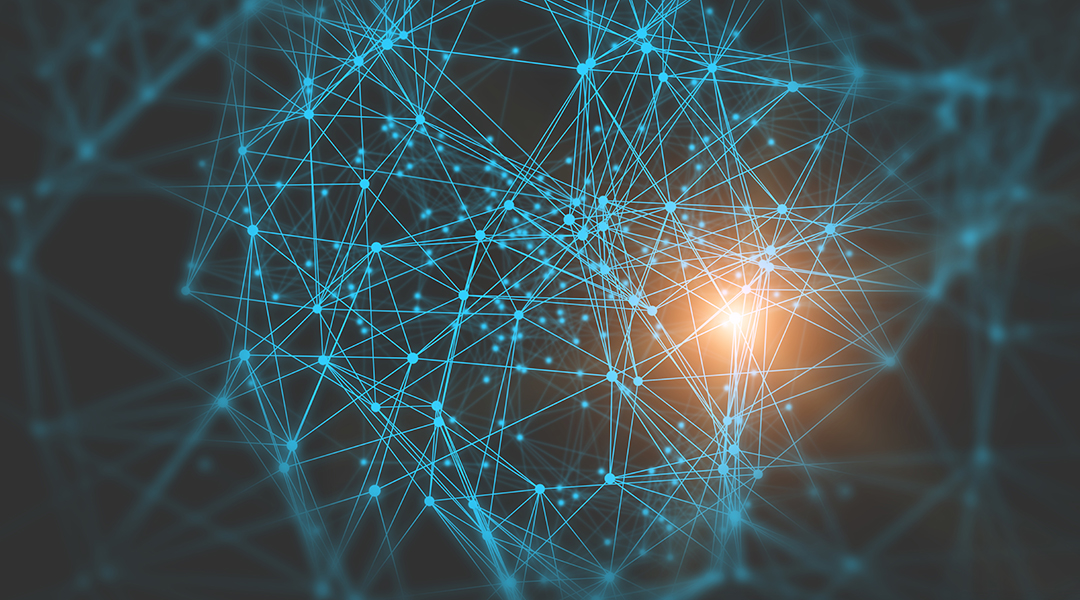
Researchers were able to detect a “needle” of highly fragile quantum information in a “haystack” of nuclei.
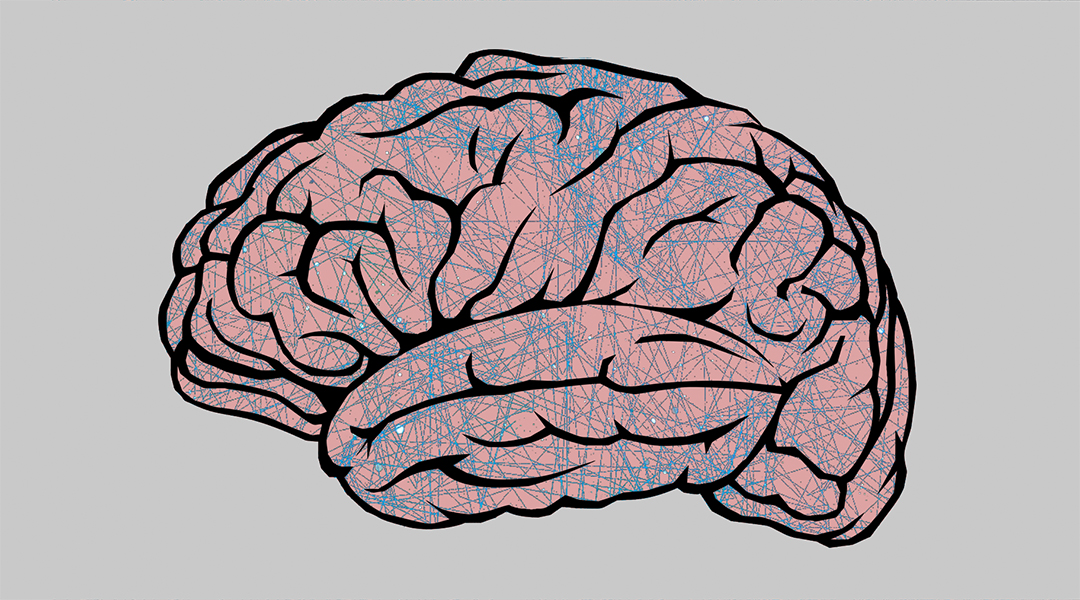
An intelligent material that learns by physically changing itself, similar to how the human brain works, could be the foundation of a completely new generation of computers.

Researchers create a quantum nanochip that is capable of producing stable, high-quality qubits and could open doors for powerful quantum computers.
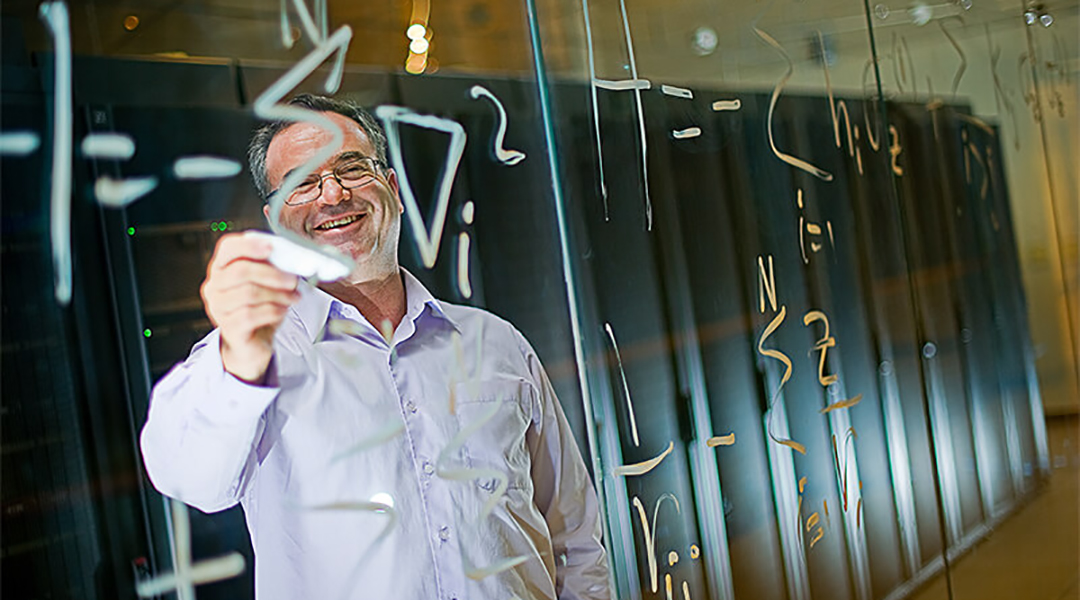
Researchers are developing algorithms and machine learning methods to further our understanding of the quantum state space.

Computer simulations provide a better means of optimizing, predicting, and understanding experimental observations in the search for new battery materials.

The future will witness a gradual shift in which computational models will play a progressively larger role in identifying new materials for specific purposes.